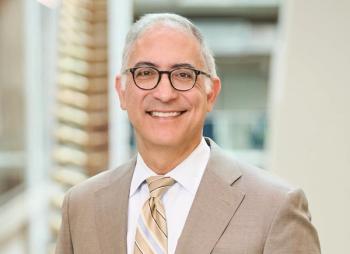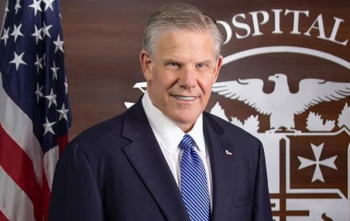
How a Fitbit and Virtual Coaching Helped Cardiac Patients Maintain Their Fitness
The combination of internal and external motivators can be powerful for patients in cardiac rehabilitation.
(Screenshot, Duke University Health video.)
Duke University researchers are looking to scale up an mHealth study after its initial small-cohort run showed great promise.
The program randomized 16 cardiac rehabilitation patients into a trial group and 9 more into a control arm. The trial patients were given a Fitbit wearable activity tracker, personalized daily walking recommendations, and access to 12 weeks’ worth of live telehealth interactions with a rehab specialist.
“We know when people go to cardiac rehab and they're adherent to it that they do fairly well clinically,” Brian Duscha said in
achieved in cardiac rehab?”
At the 12-week point, the control group’s peak fitness levels had fallen by 8.5%. But the group with the wearables and the virtual coaching not only maintained their fitness levels, they continued to increase them on average. Likewise, minutes of exercise per day decreased among the typical care group, while they were maintained and shifted to higher intensity levels in the mHealth group.
The combination of internal and external incentives proved a powerful combination in the study.
“You have a friendly policeman around your wrist, you know someone's going to call you, and your doctor is going to see it,” Duscha said. “The trilogy of that holds people accountable and they do it.”
One of the program patients, Angela Hicks, also appears in the study video. She said that the reminders don’t just work to help her get her steps in daily, but they also encourage better dietary habits. Typically, cardiac rehab patients are discharged with recommendations to eat better, but no real follow-up to ensure that they do.
“[My virtual coach] she was able to motivate me. I like Southern-style, salty, greasy foods. That is no longer part of my diet [except for] occasionally,” she said. “If I want to run a 5k I have to change all of my lifestyle.”
The study, “
Related Coverage:








































